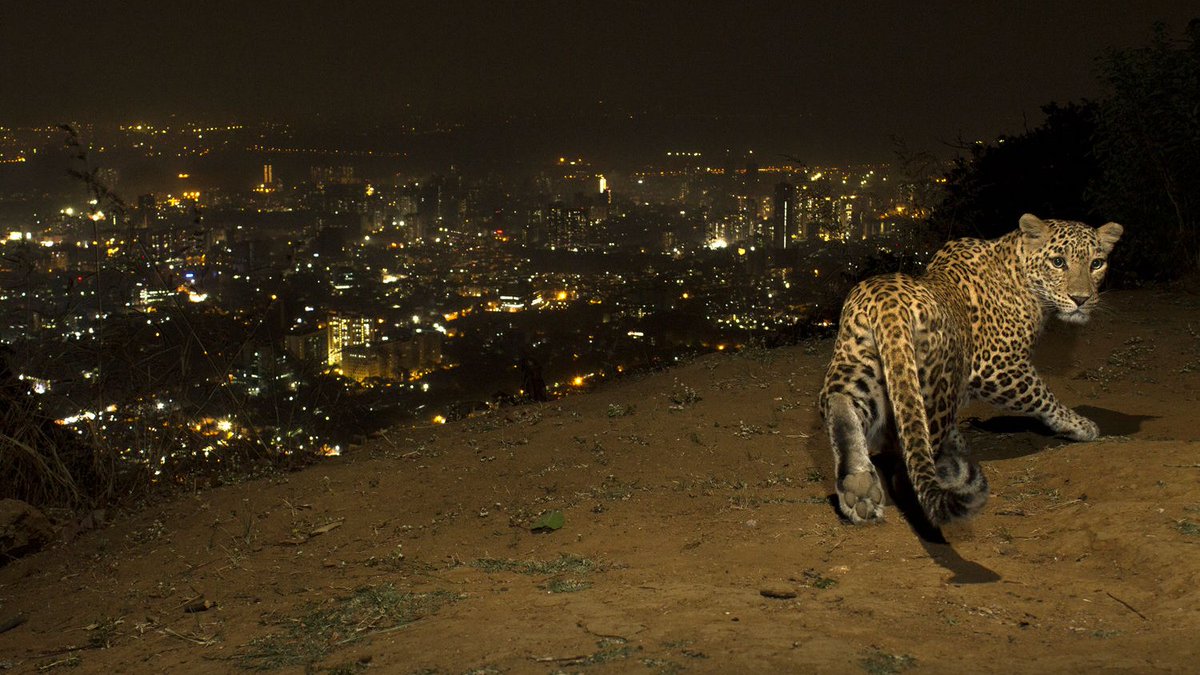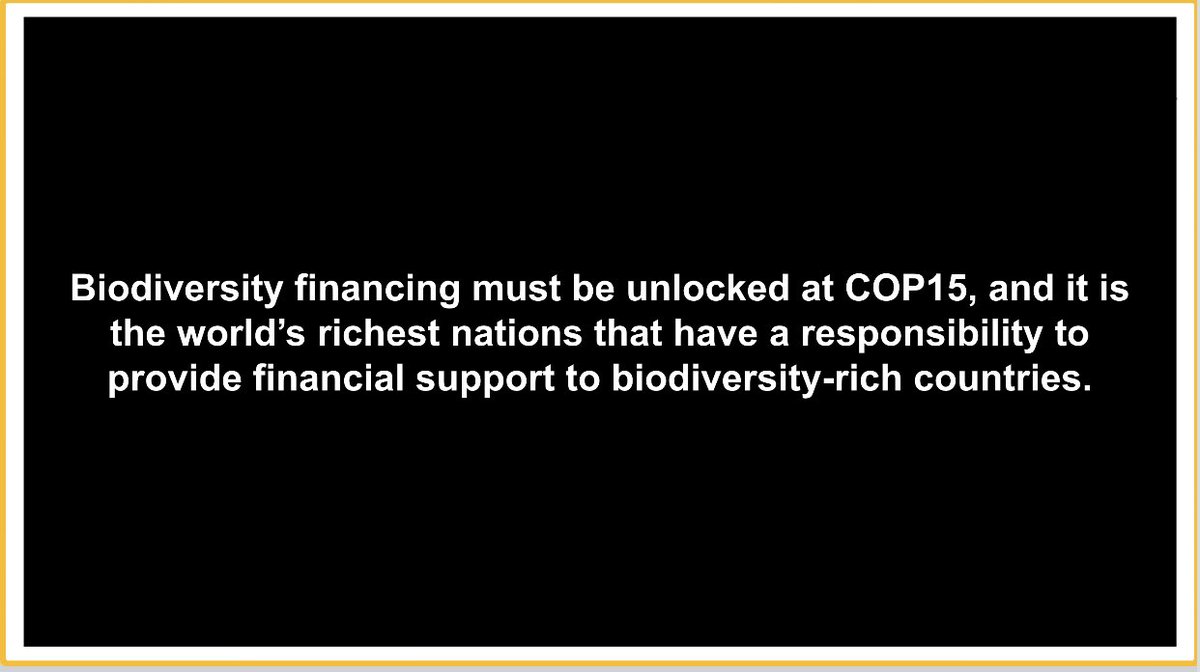
😮 This is major: without mangroves, 15 MILLION more people would be affected by floods each year.
Restoring and protecting nature is one of the best ways we can help safeguard this one home we all share.
#Mangroves are an amazing example of that. ⬇️ #LivingPlanet #LPR2022
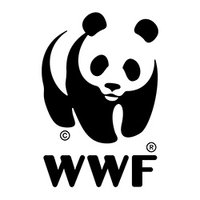

Another gem of the #Ecuador cloud forest. A Pale-mandibled Aracari #Toucan
For our beautiful #LivingPlanet we need to halt and reverse #biodiversity loss
#LPR2022 #nature #forests #NaturePhotography #SonyAlpha #BirdsSeenIn2022
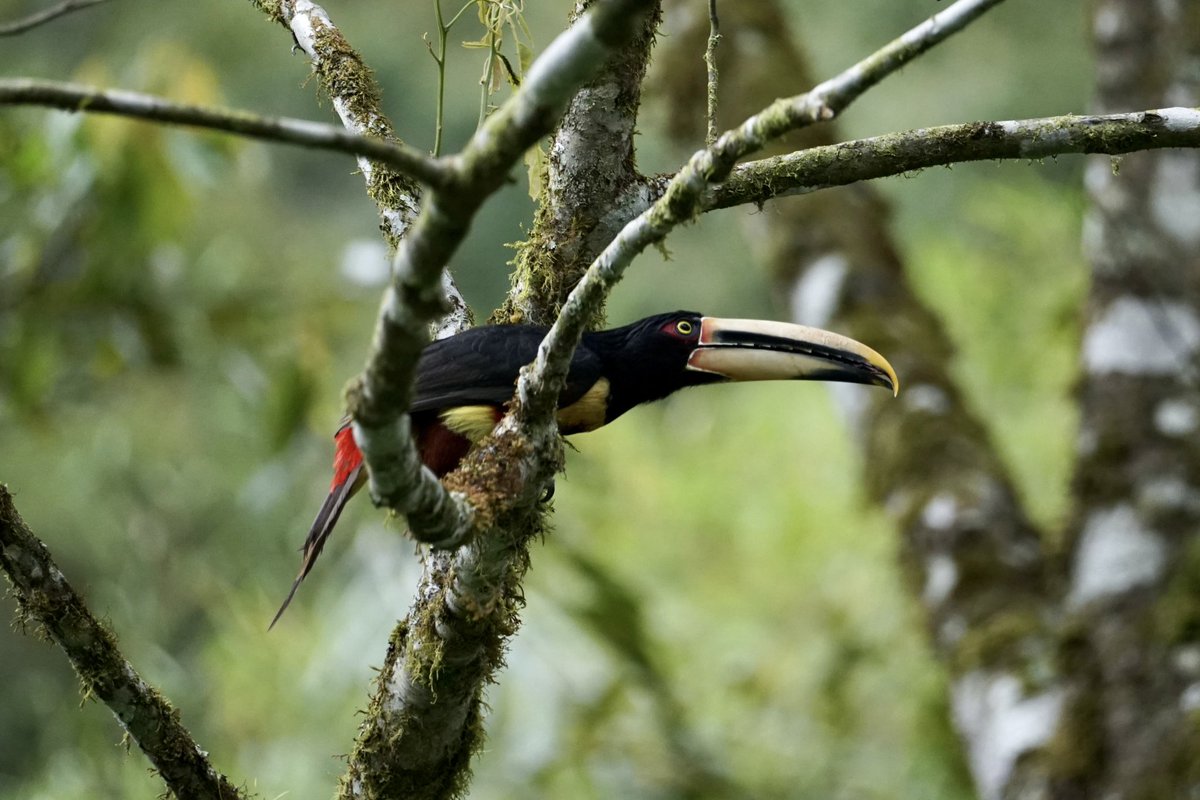


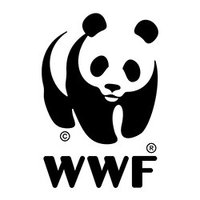



It’s true. 👇
If we lose rivers, lakes and wetlands, we lose the water our lives depend on.
#ForALivingPlanet , we need to restore and protect our freshwater. RT if you're with us! #LivingPlanet #LPR2022


Fossil fuels fuel #ClimateChange . It’s time to change.
Not tomorrow, not in a year’s time – actions must start now.
World leaders: protect our shared home #ForALivingPlanet .
👉RT to call for action! #COP27 #LPR2022
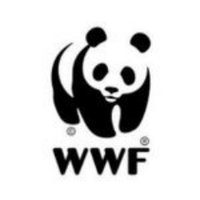
¡ÚLTIMAS NOTICIAS! La población de especies ha disminuido 69% en promedio desde 1970. 🚨
La naturaleza nos envía un SOS 💔.
Tenemos que cambiar ¡Ahora! ¡Reenvía!
#PorUnPlanetaVivo #InformePlanetaVivo ! #LPR2022

¡ÚLTIMAS NOTICIAS! La población de especies ha disminuido 69% en promedio desde 1970. 🚨
La naturaleza nos envía un SOS 💔¡Tenemos que cambiar ahora #PorUnPlanetaVivo ! ¡RT #InformePlanetaVivo ! #LivingPlanet #LPR2022
Más info: bit.ly/3er58xv




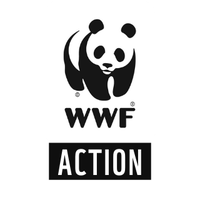

Una comida no funciona igual sin todos sus ingredientes. Lo mismo ocurre con la naturaleza y ahora mismo la estamos perdiendo a un ritmo alarmante. Para prosperar, la naturaleza necesita todas sus partes. ¡RT si estás con nosotros #PorUnPlanetaVivo #InformePlanetaVivo ! #LPR2022
